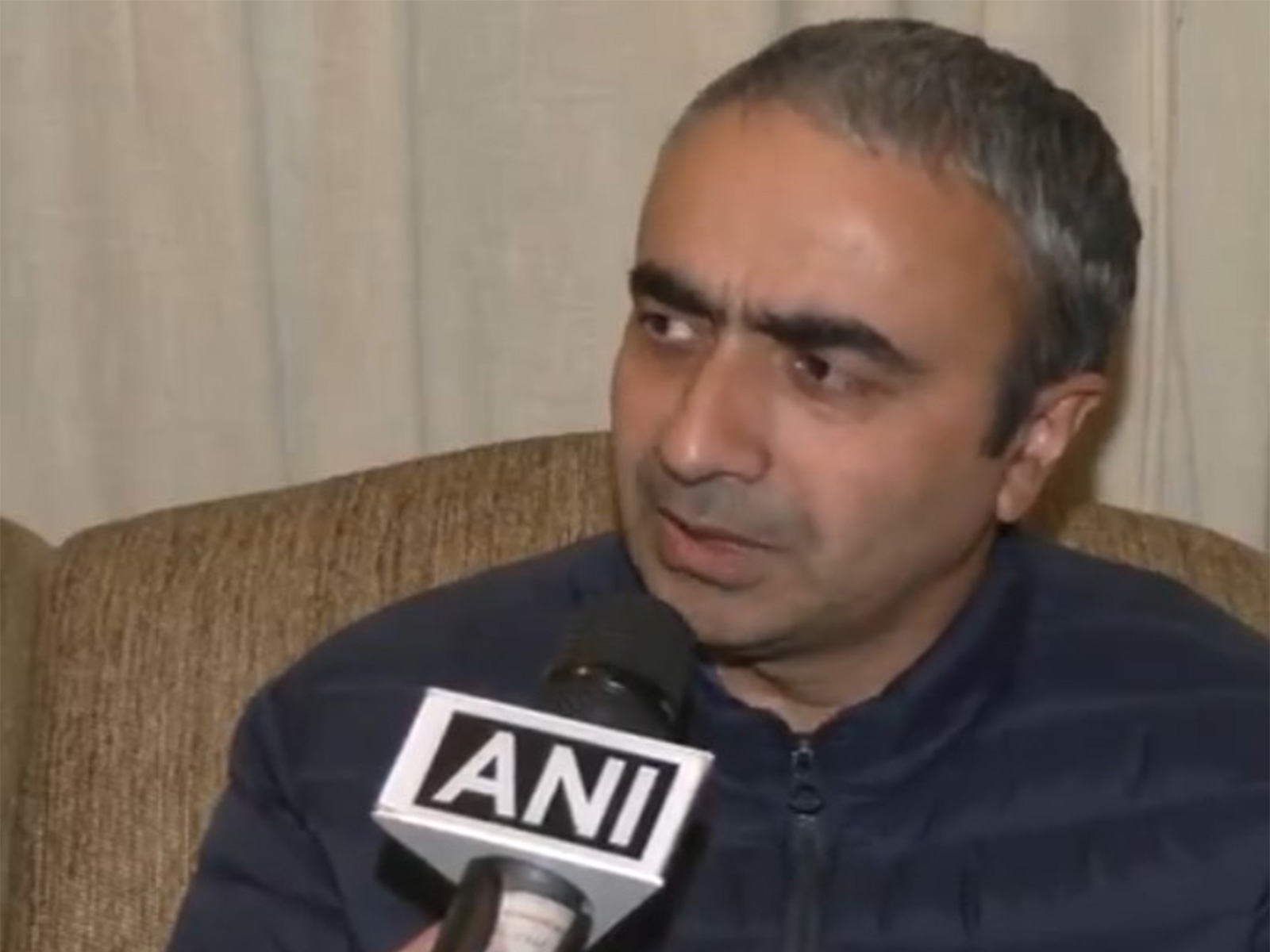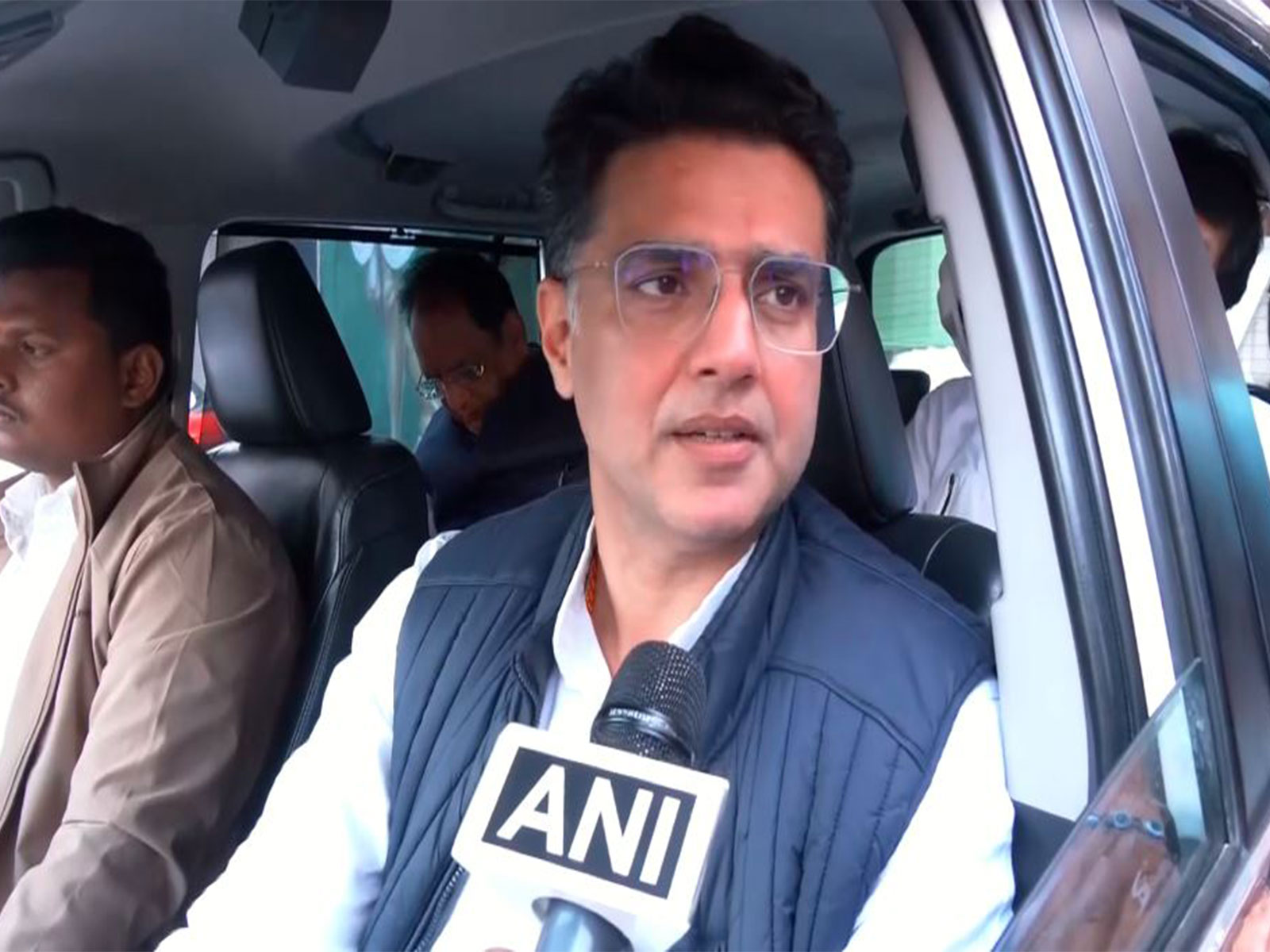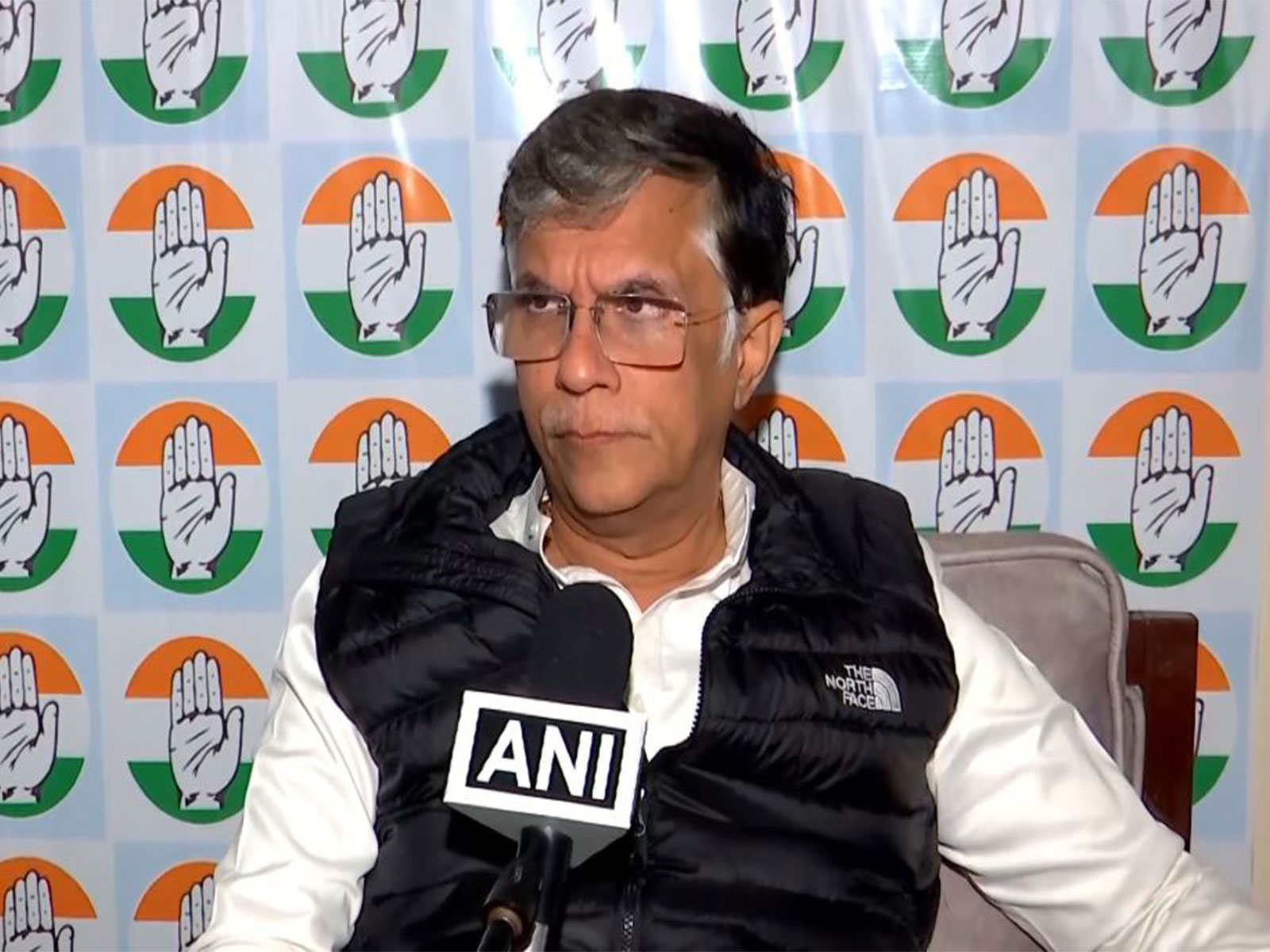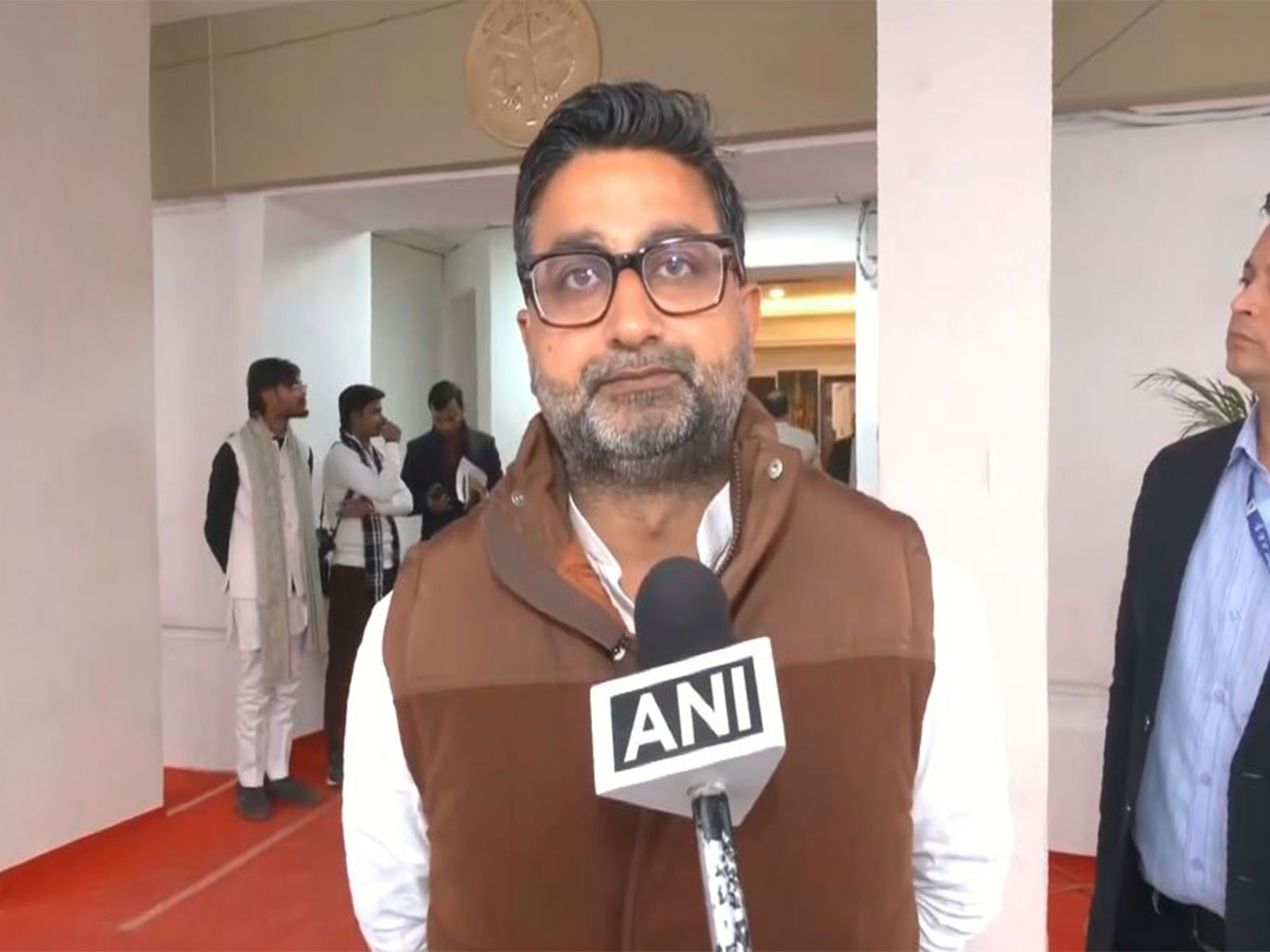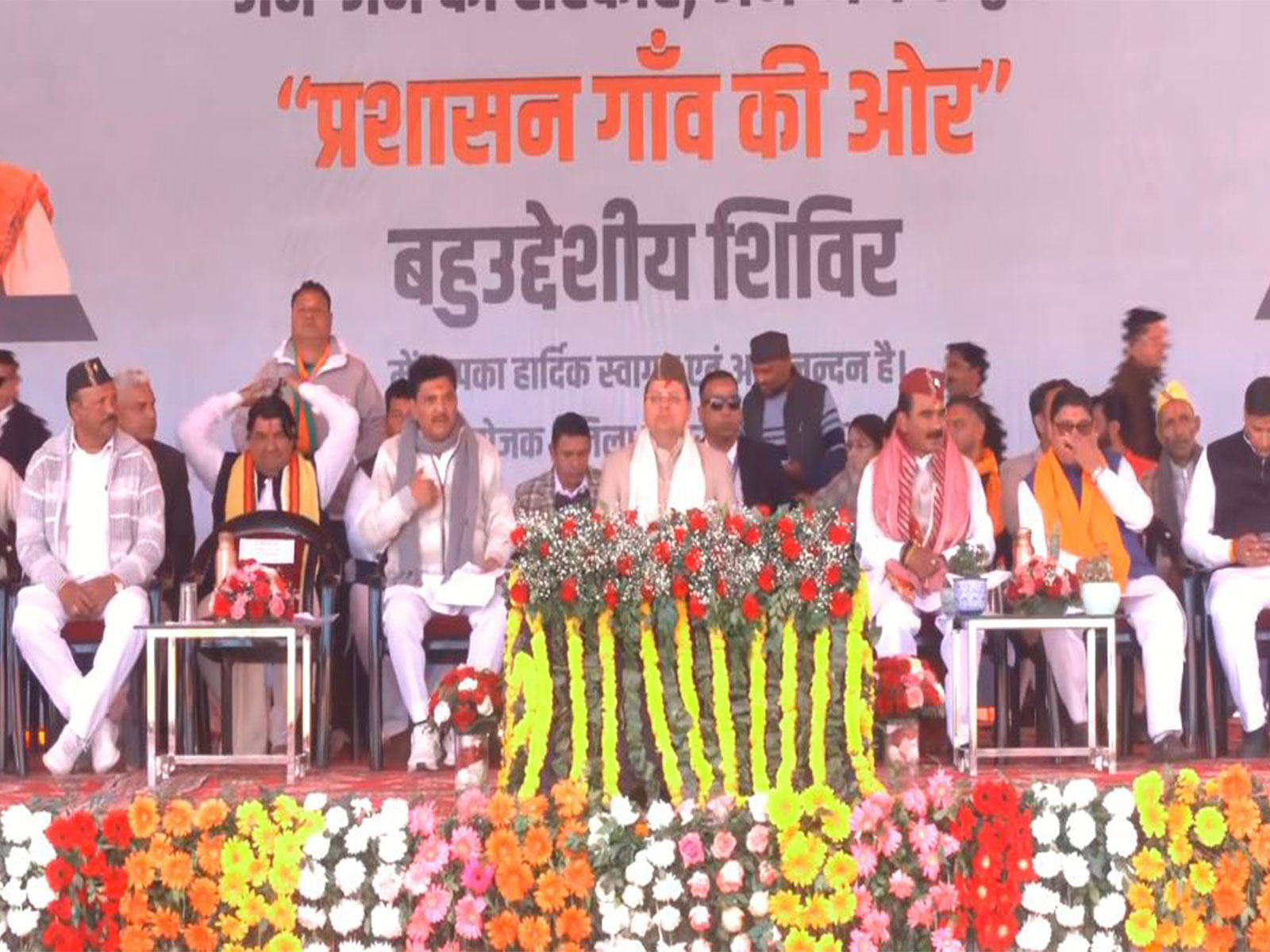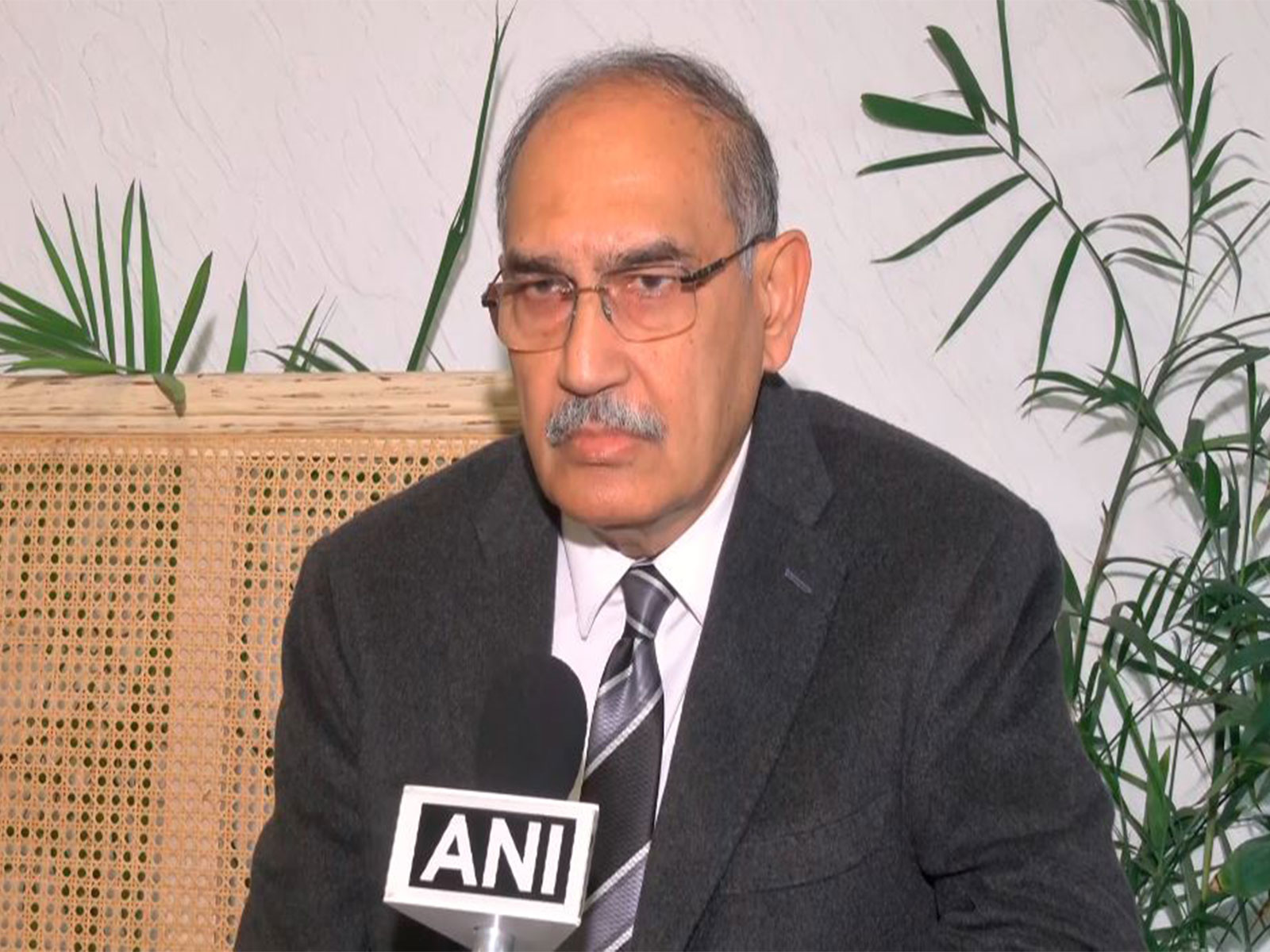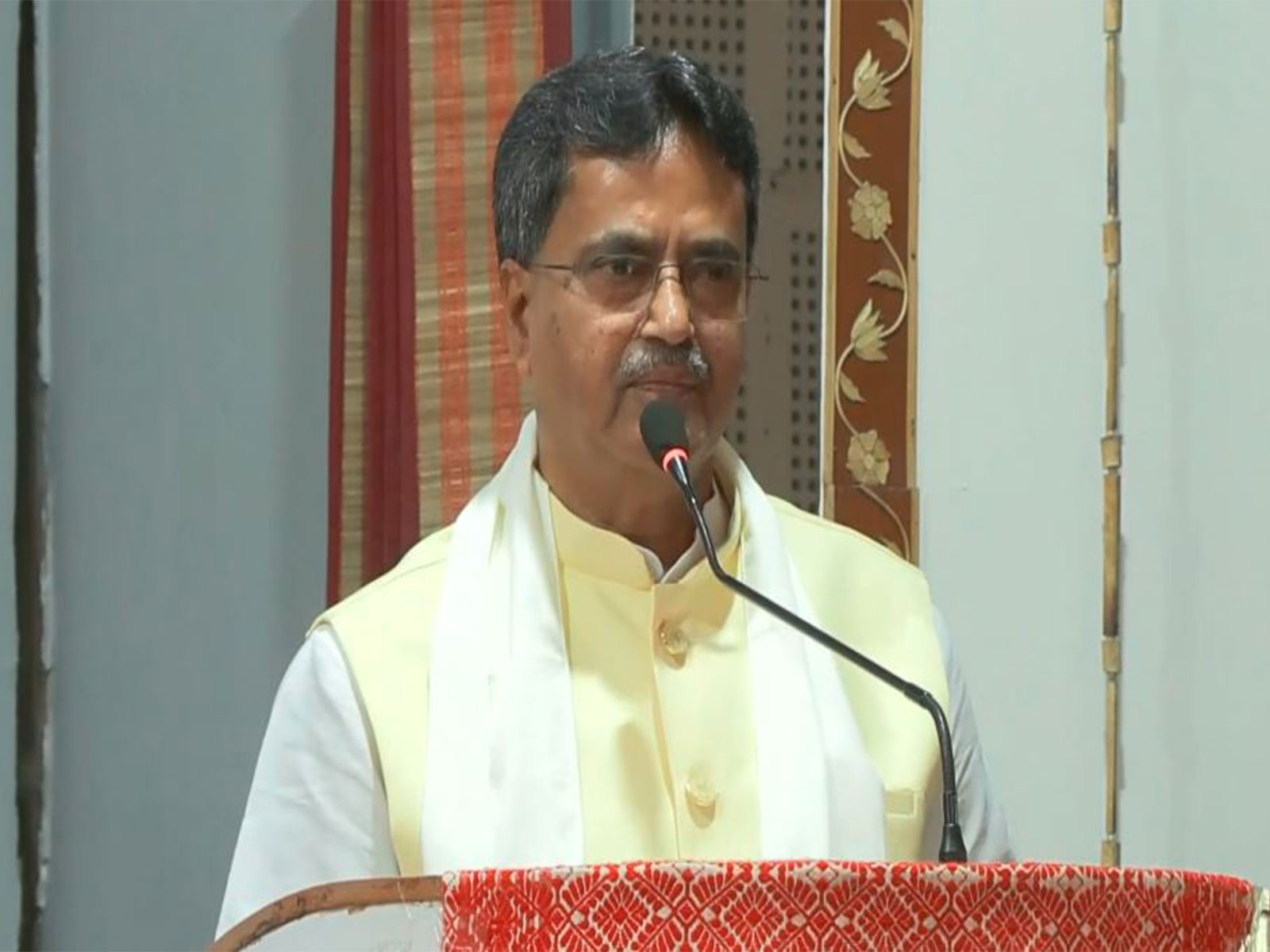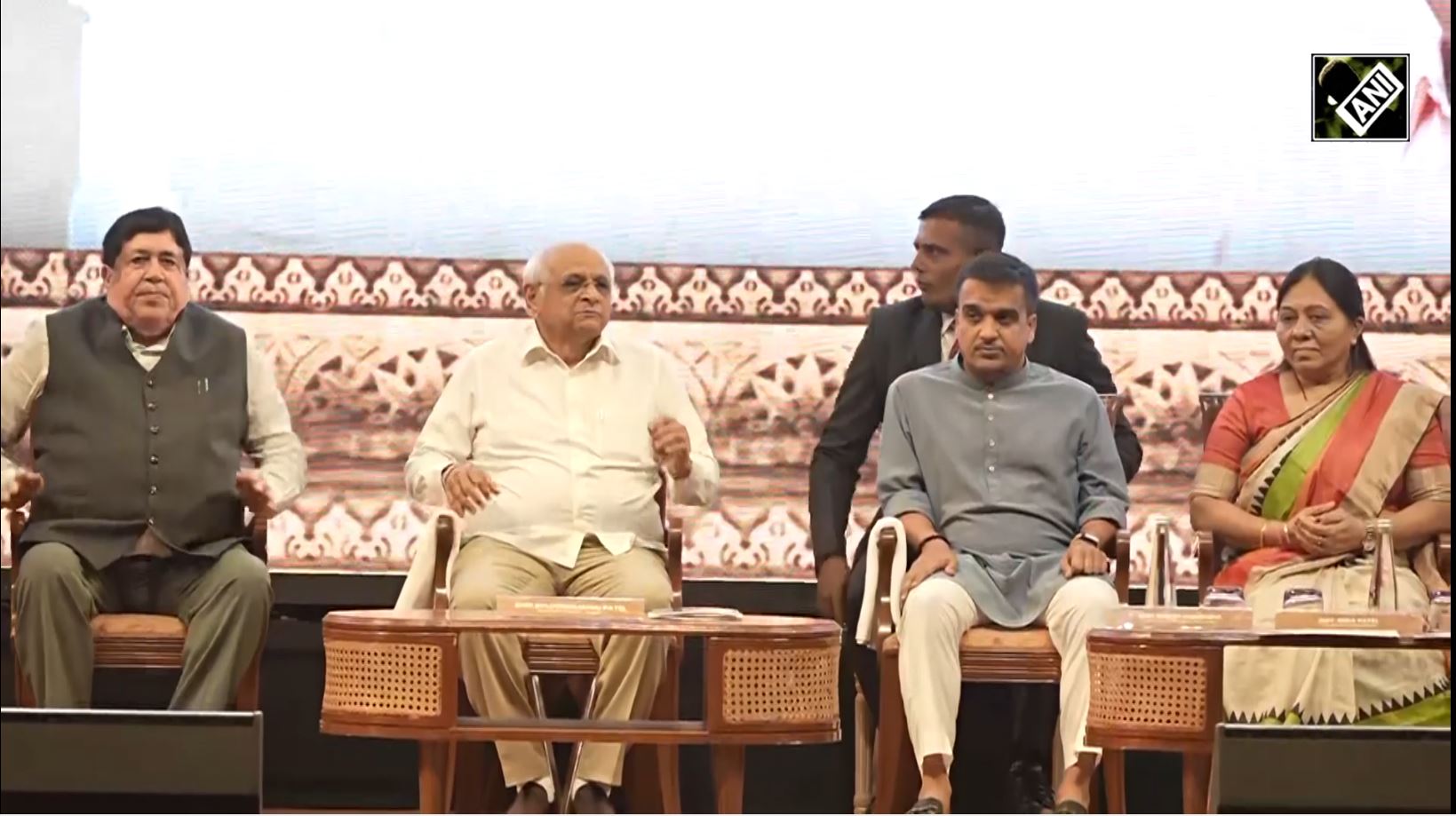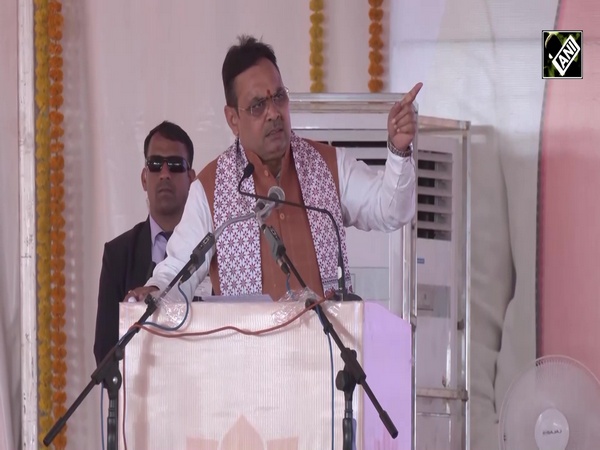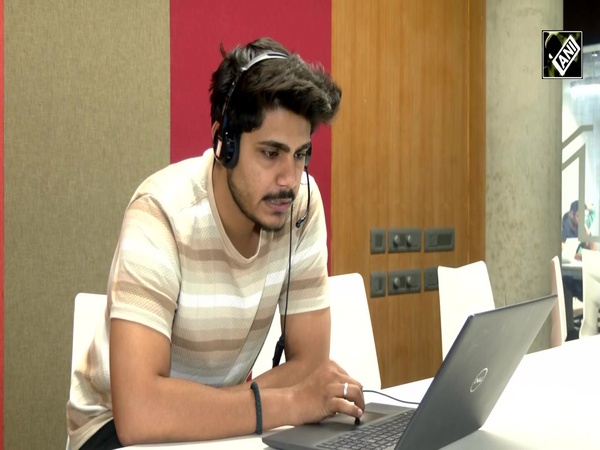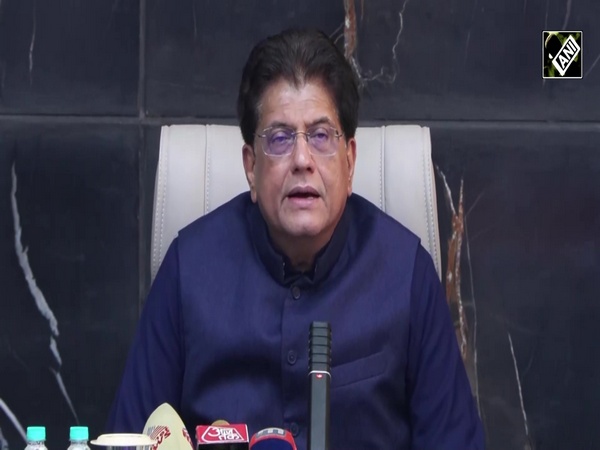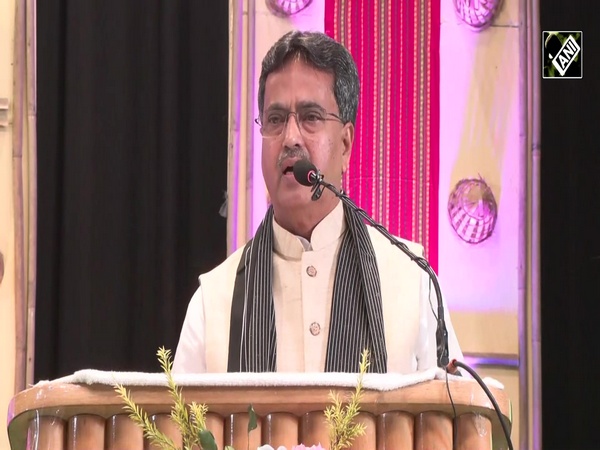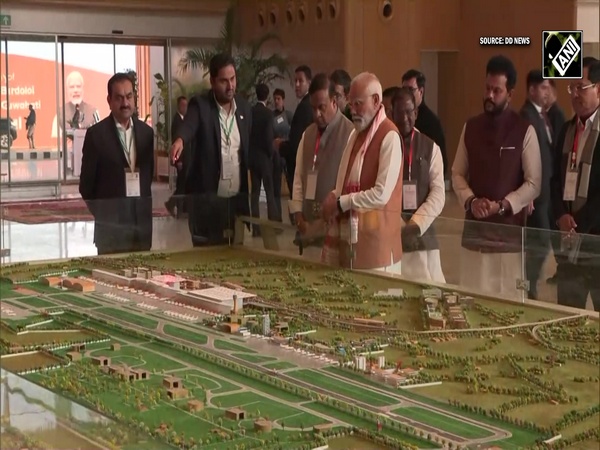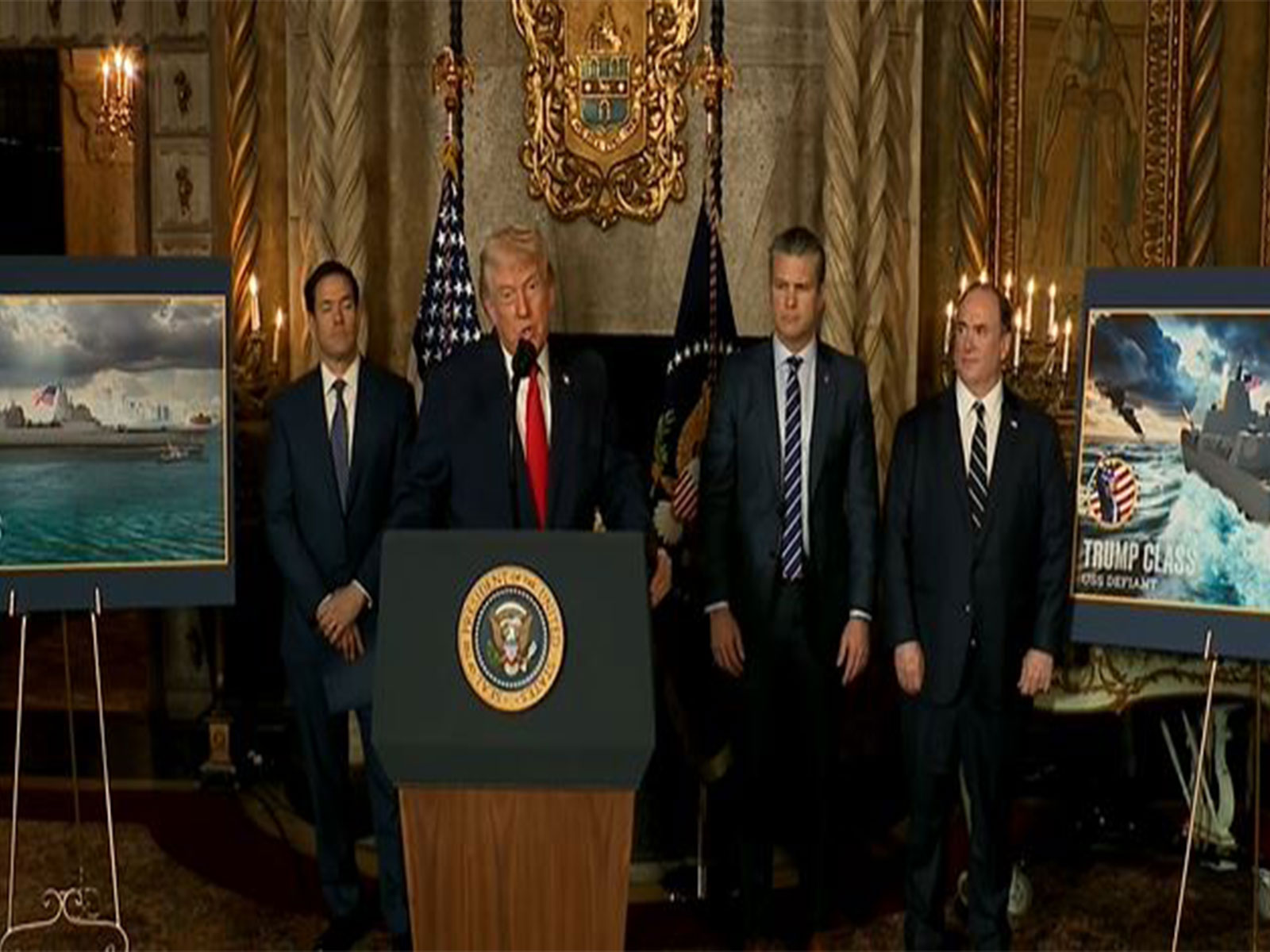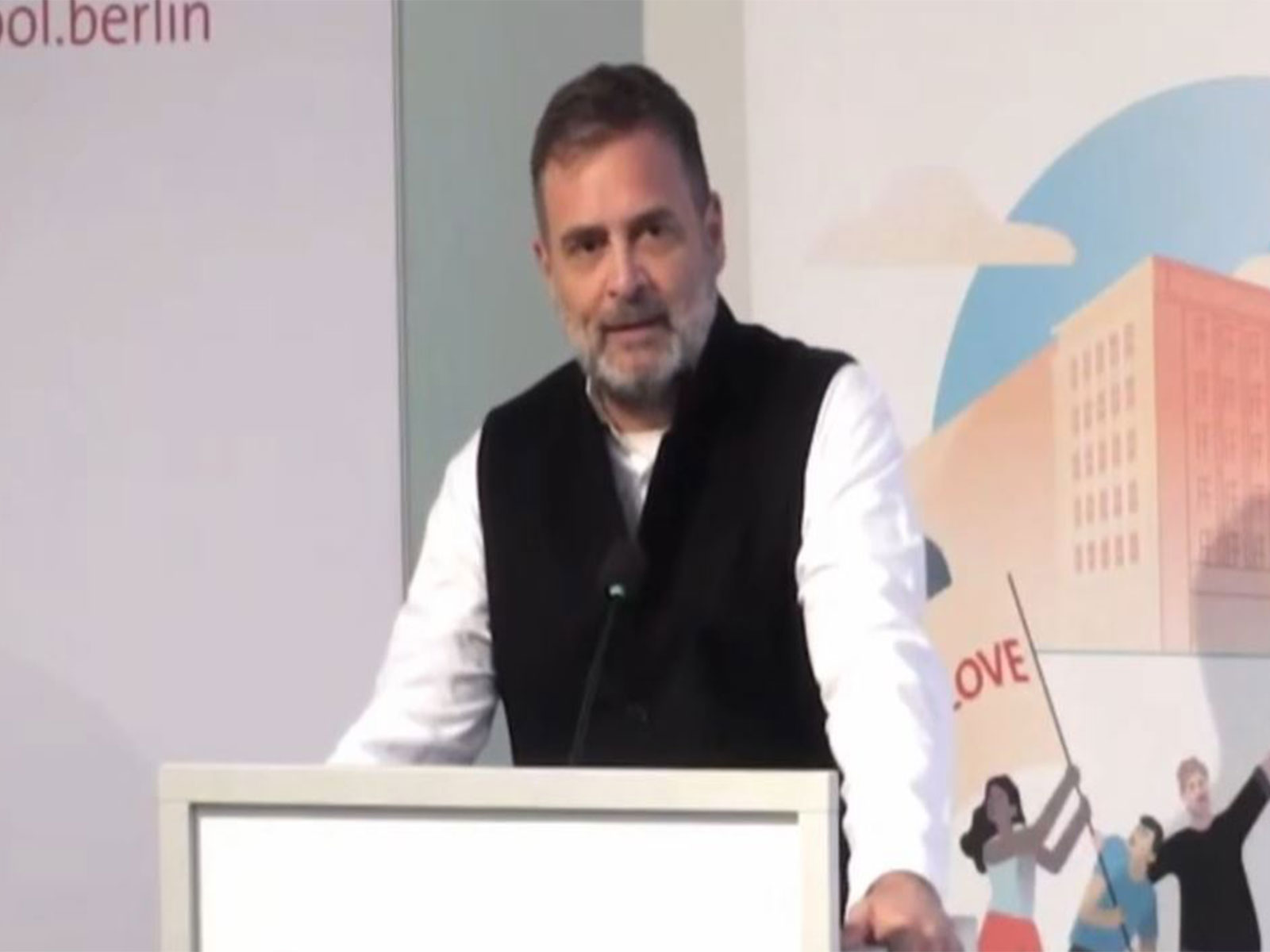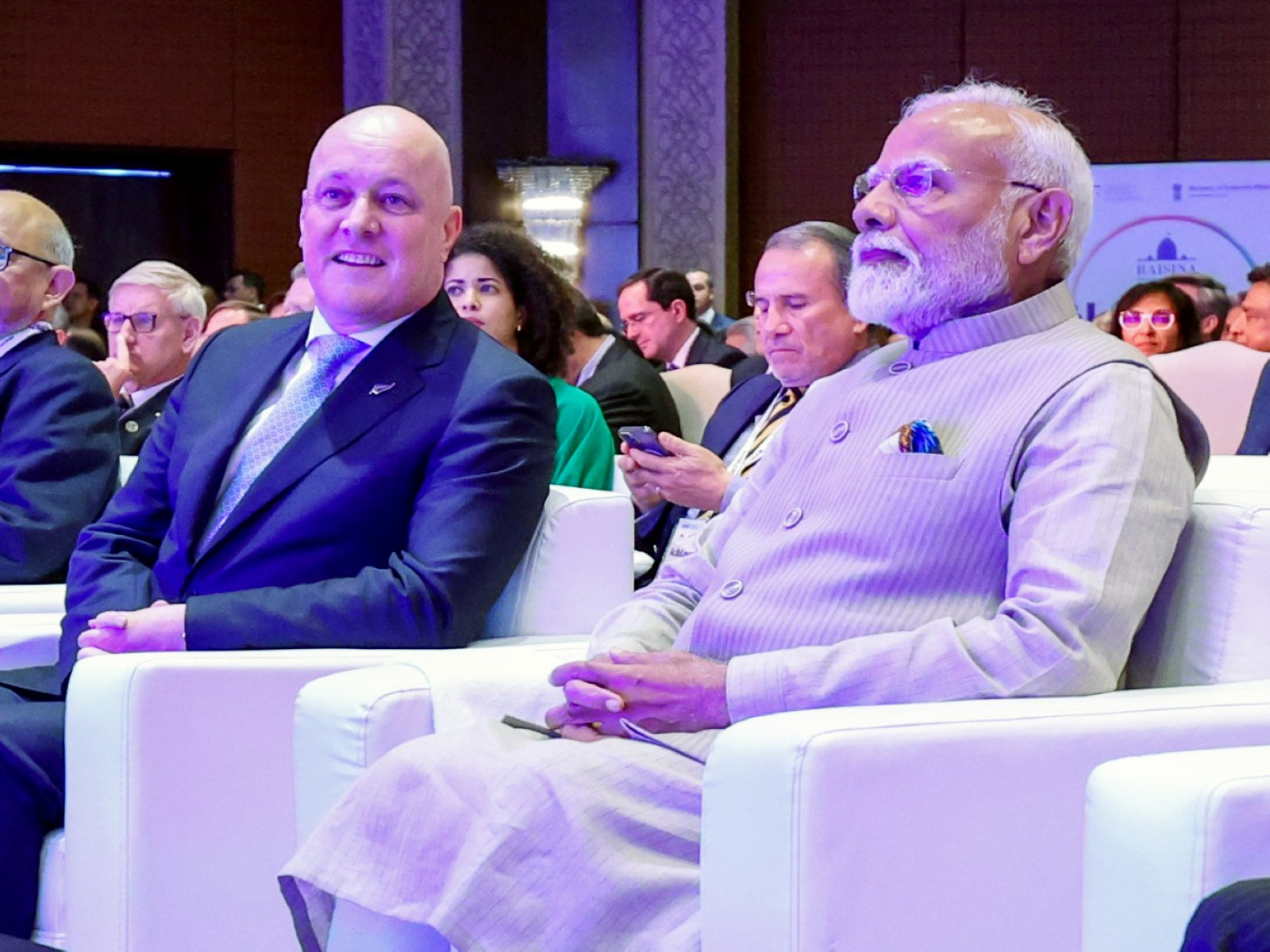
Court grants bail to Satyendra Jain, says "liberty is core value under Constitution"
Oct 18, 2024
New Delhi [India], October 19 : Citing delay in trial and his long incarceration, Delhi's Rouse Avenue Court granted bail to former Delhi minister and Aam Aadmi Party (AAP) leader Satyender Jain in the money laundering case and stressed "liberty is the core value" under Constitution.
Special Judge Vishal Gogne said, " Applicant Satyendar Jain has suffered a long
incarceration comprising 18 months and the trial is unlikely to be even commenced, let alone be concluded in the near future. He is thus entitled to the benefit of the constitutional twin conditions and the mitigated twin conditions under section 45 PMLA."
The Court on Friday also considered the judgement of the Supreme Court in Manish Sisodia's bail matter.
"Satyendar Jain is therefore favourably suited by the parameters outlined in Sisodia both in terms of the constitutional twin conditions and the mitigated twin conditions under section 45 PMLA," the Special judge said in the order.
The court also considered the fact that he was not arrested in the investigation of the predicate offence, joined investigation in the present matter relating to PMLA and was subsequently arrested after five years from the date of registration of the ECIR and there are no instances or allegations pertaining to influence upon witnesses or evidence, the court is of the determination that he is neither a flight risk nor likely to influence witnesses or tamper with evidence if admitted to bail.
"The present applicant has been in detention for 18 months. While even a few days or weeks of deprivation of liberty militates against Article 21, complex investigations do necessitate or occasion detention of accused persons for longer durations," the court said.
Yet, the court finds that even on these considerations, a period of 18 months of detention without much progress towards trial is an "excessive curtailment of liberty," it added. Moreso, when investigation in both, the predicate and PMLA offence is still continuing.
The court held, " Weighed against the prospective period of trial which has not even reached the stage of charge and may thus extend for the near future, it is recorded that applicant Satyendar Jain has suffered incarceration without trial for a long and excessive period."
It said that, the grounds relating to delay and long incarceration are, in effect, constitutional and plenary twin conditions sourced from Article 21 of the Constitution and therefore superior to the twin conditions under Section 45 PMLA.
It said that the constitutional twin conditions must necessarily have a mitigating effect on the rigors of statutory twin conditions under stringent legislations including PMLA when liberty is the core value under consideration.
The court pointed out that In view of the decision in Javed Gulam case the prosecution agencies including ED are required to not oppose bail of an accused in cases of delay in trial. The ED has, however, opposed the prayer for bail moved by Satyendar Jain.
On the role of accused in delaying the trail the court said held that the purported role of the accused in seeking to delay trial, as asserted by the ED, is just a red herring. A person ought not to be penalised for exercise of options or rights aiding fair trial.
The court said that the accused is proposed to be put to trial under section 4 PMLA and not for his purported transgressions in consuming time for inspecting records or moving other applications of a routine nature.
" To deny the availability of Article 21 to an accused not with reference to the allegations but with reference instead to his ancillary rights during trial would be a case of the apple falling too far from the tree," the court said.
The court is ultimately to render findings upon evidence related to the allegations and not upon the time consumed by the respective parties in moving various applications, it held.
The court ruled "In sum, from the stand point of denial of liberty, the pace of proceedings thus far does reasonably indicate that the accused is likely to remain incarcerated for the immediate future and the trial is not likely to be concluded in the following months."
"Undoubtedly, the decisions in Sisodia and the subsequent decisions have weighed the period of incarceration suffered at the point of adjudication of the bail applications. These decisions have found, in the facts of those cases, detention for similar periods as suffered by the present accused to be of detriment to the right to speedy trial and a ground for admitting the accused persons to bail," the court said.
The court said that while there is no flawless yardstick for deciding whether a particular period of detention is too long, it can be assessed from these decisions that the lack of prospects for early conclusion of trial is the determining factor in assessing delay and its impact on individual liberty.
Therefore, a period of detention for even several months may be excessive if the trial can not be concluded in the immediate or foreseeable future, the court said.
Secondly, and perhaps of greater concern is the latent presumption of the ED that the Special Court viz the trial court is divorced from Article 21 and other constitutional rights, the court said while expressing its concern.
On the right to speedy trial the court said that the right to speedy trial is one facet of Article 21 which lies exclusively within the domain of all trial courts to enforce.
"The forceful decision in Sisodia has in fact minded the trial courts to be watchful of the violation of Article 21 by reiterating the paramount operation of the principle that "bail is rule and jail is exception," the court said. The succeeding decisions in Kavita,, Prem Prakash, Vijay Nayar and Ram Kirpal Meena as well as other decisions have further cemented the seminal instructions in Sisodia, it added.
The court rejected the plea of ED and said that the plea of the ED with reference to its interpretation of the decision in Senthil is therefore unacceptable.
Moreover, the feeble plea of the ED for this court to abdicate constitutional norms is against the currents of judicial education over the past decade which has sought to imbibe constitutional mooring and constitutional morality in the decision making by the courts of trial, it added.
The court said that it is essentially the ED that arrogates to itself the power to determine the loss of liberty of a person simply by arresting him under the PMLA. It is a cardinal principle of the interpretation of statutes that unreasonable and awkward outcomes must be avoided.
"It is certainly an unnatural and unreasonable outcome for Satyender Jain to languish in custody for over 18 months only by operation of Section 45 when the CBI did not even arrest him in the predicate offence," the court held in the bail order.
